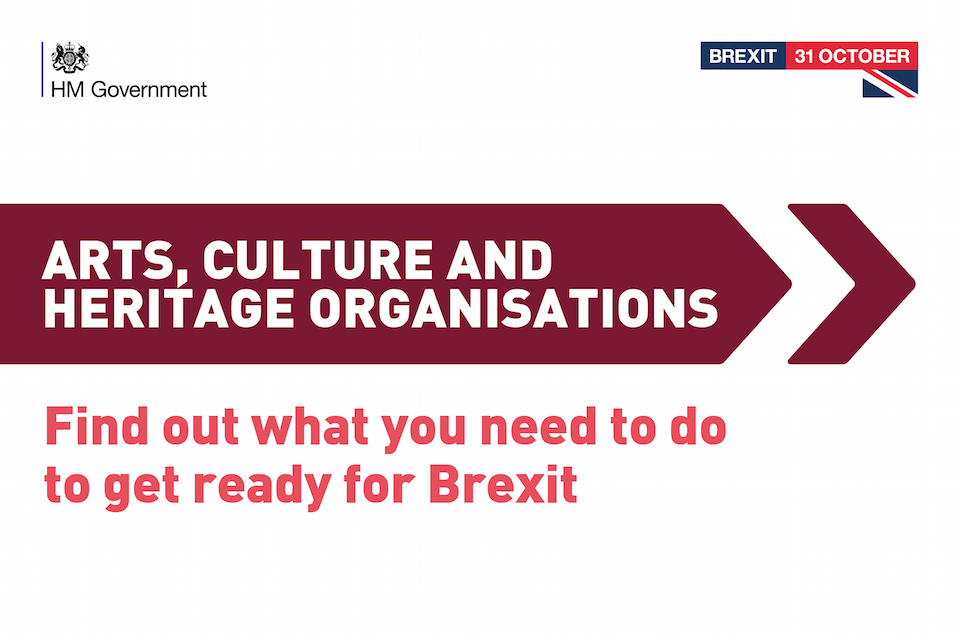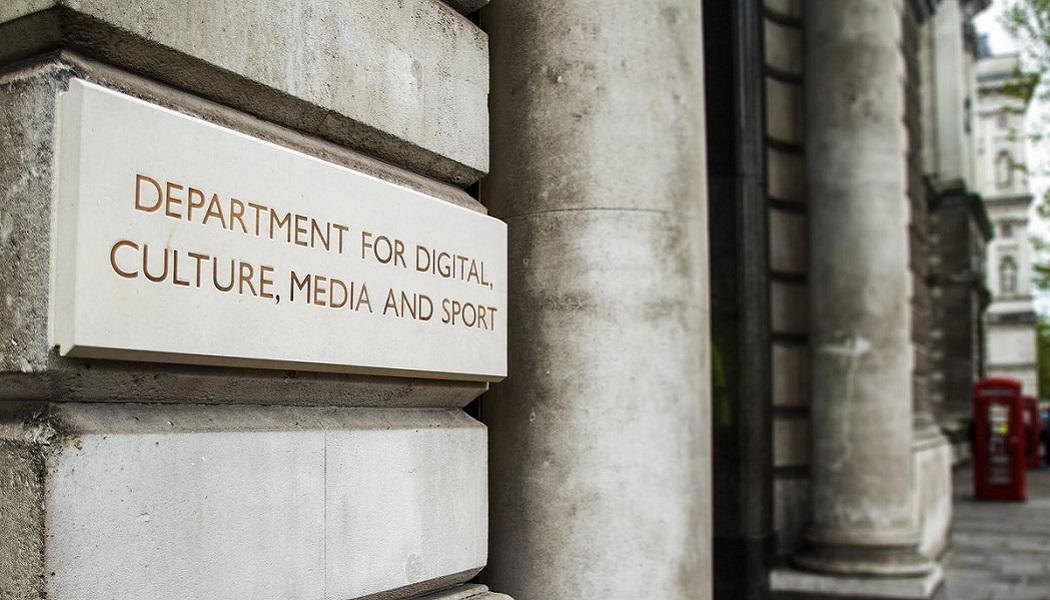As the Prime Minister’s self-imposed 31st October deadline for Britain to leave the EU nears, the government has published a ‘10 point checklist’ to help people working in the arts, culture or heritage sectors better understand what needs to be done to prepare for a ‘no deal Brexit’.

Brexit checklist
Step 1 – Touring Europe
Prior to booking or scheduling a temporary touring group to the EU it is now essential to consult the government’s guidance on moving goods across borders – as this process will be subject to Non-EU member customs procedures.
Step 2 – Customs
To be able to take the creative and cultural goods you need in and out of the EU on a temporary basis you will need to comply with customs procedures on temporary admission. Unique rules apply for the transport of creative and cultural goods, but checking the relevant literature is necessary prior to travelling.
Step 3 – Visiting Europe
Even simply visiting the EU for work is now a less straightforward matter. Prior to travelling to an EU nation the government recommends:
- Checking your passport is valid for travel to Europe after Brexit
- Checking what you need to do in order to travel through the specific country’s border you are visiting. You may no longer be allowed to enter the EU if you cannot demonstrably meet immigration rules
- Registering for local healthcare and/or taking out health insurance: you may be charged otherwise
- Ensuring your mobile phone company has changed its mobile roaming charges before travelling to the EU
- Making sure you can legally drive in the countries you’re travelling to avoid getting a fine, or your vehicle seized. You may require an International Driving Permit in the EU, EEA or Switzerland
Steps 4 & 5 – Employees
Any work now conducted in the EU will require employees to comply with non-member state requirements, possibly including visas or work permits.
As for EU nationals working in the UK, all employees must check if they need to apply to the EU Settlement Scheme. Without doing so some staff may not be able to continue living or working in the UK.
Step 6 – Data
If your organisation receives any personal data from the EU or EEA, all contracts must be reviewed to ensure you can continue to do so legally.
Step 7 – Services
UK organisations that provide arts, cultural or heritage services to institutions or individuals in the EU – whether online or otherwise – may now face additional legal, regulatory and administrative barriers, including appointing local representatives and meeting trade regulations.
Step 8 – EORI
In the event of a ‘no deal Brexit’ organisations will no longer be able to buy goods from or sell goods to the EU without an EORI number. An EORI number is a European Union registration and identification number for businesses which import or export of goods in or out of the EU.
Step 9 – Export licences
To export items to the EU it is essential to consult new guidelines on exporting or importing objects of cultural interest. Arts Council England has previously administered these documents (according to its Procedures and Guidance for Exporters) but in the event of no deal it will be unable to issue EU licences after 31 October, including any submitted before that date but not yet issued.
It will also be necessary to check if objects being exported contain material such as from species under Convention on International Trade in Endangered Species of Wild Fauna and Flora (CITES).
Step 10 – Funding
The Government has provided a guarantee for EU-funded programmes – with the mitigation that organisations must check eligibility online.
Click here for links to all the relevant guidelines and literature.










